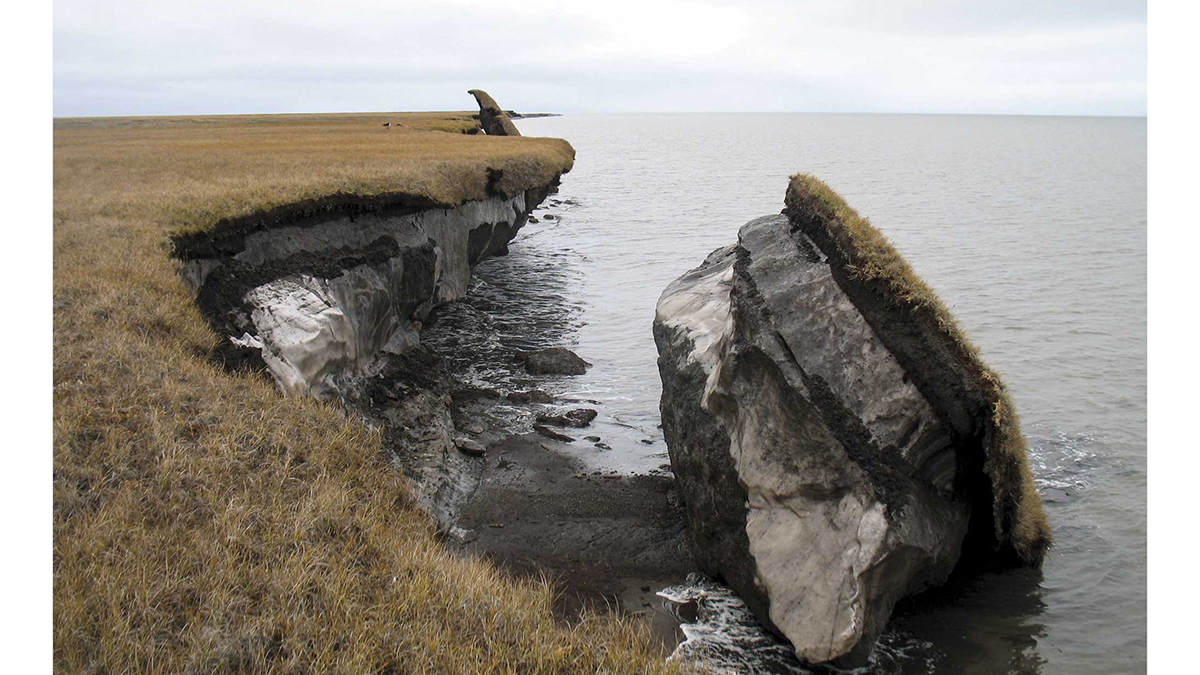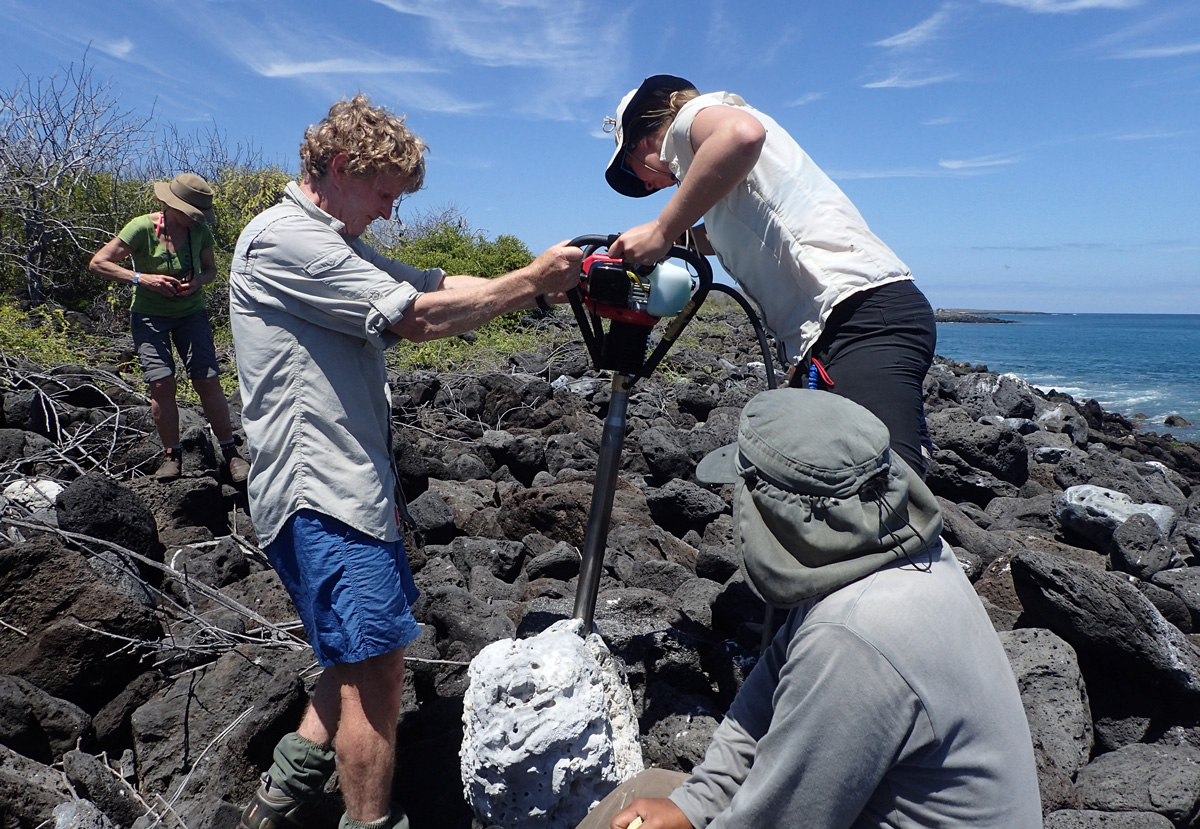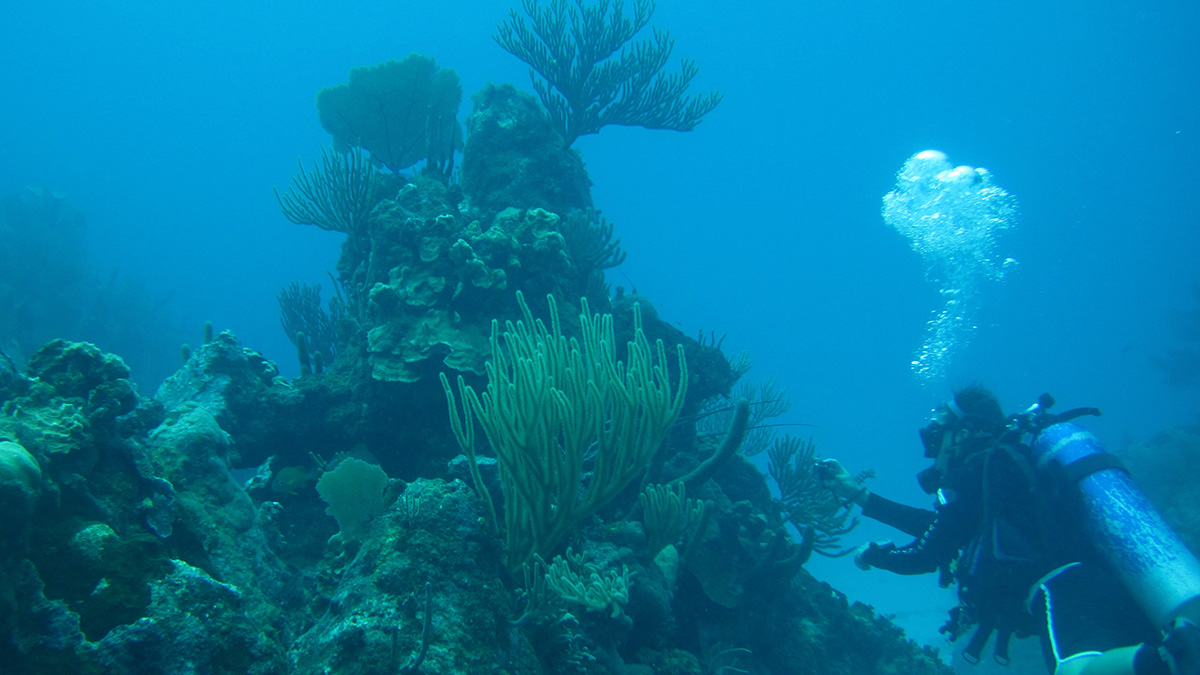As climate change continues, parts of the Earth system such as ice sheets, frozen soils, or the Amazon rainforest could shift—some quickly, some slowly—after crossing key thresholds or tipping points.
coral reefs
Making Sense of the Great Barrier Reef’s Mysterious Green Donuts
Researchers set sail to the Great Barrier Reef to study how ring-shaped algae deposits formed and evolved, what feeds them, and the diversity of creatures that call them home.
Some Corals Are More Heat Resistant Than Thought
The vast genetic diversity of corals means there are some that may survive warming waters. Now scientists just need to find them.
El Niño Varies More Intensely Now Than in the Past Millennium
Researchers found evidence for a strengthening El Niño in living and fossilized Galápagos corals.
A Mysterious Dome Reveals Clues to Australia’s Miocene History
The Nullarbor Plain has been relatively untouched by geological forces, leaving traces of the continent’s deep past.
Unchecked Ocean Warming Threatens Many Gulf and Caribbean Corals
Gulf of Mexico and Caribbean sea surface temperatures could surpass coral bleaching thresholds in the region as soon as 2050, motivating the need for prompt mitigation, researchers say.
Clues from the Sea Paint a Picture of Earth’s Water Cycle
New instrumentation and growing modeling needs in the Earth sciences are driving a renewed effort to compile and curate seawater oxygen isotope data in a centralized, accessible database.
After a Hurricane, Coastal Systems Draw a Line in the Sand
A new study finds nature can’t have it both ways: On the basis of thousands of case studies from dozens of hurricanes, there’s always a trade-off between resistance and resilience.
Reef-Building Corals at Risk from Ocean Warming, Acidification
Physiological limitations on regulating internal chemistry restricts corals’ ability to deal with ocean acidification and warming, thereby reducing resilience to continued environmental change.
Degraded Coral Reefs May Be More Resistant to Climate Change
New research on Kiribati’s beleaguered atolls paints a complex picture of reef recovery.










